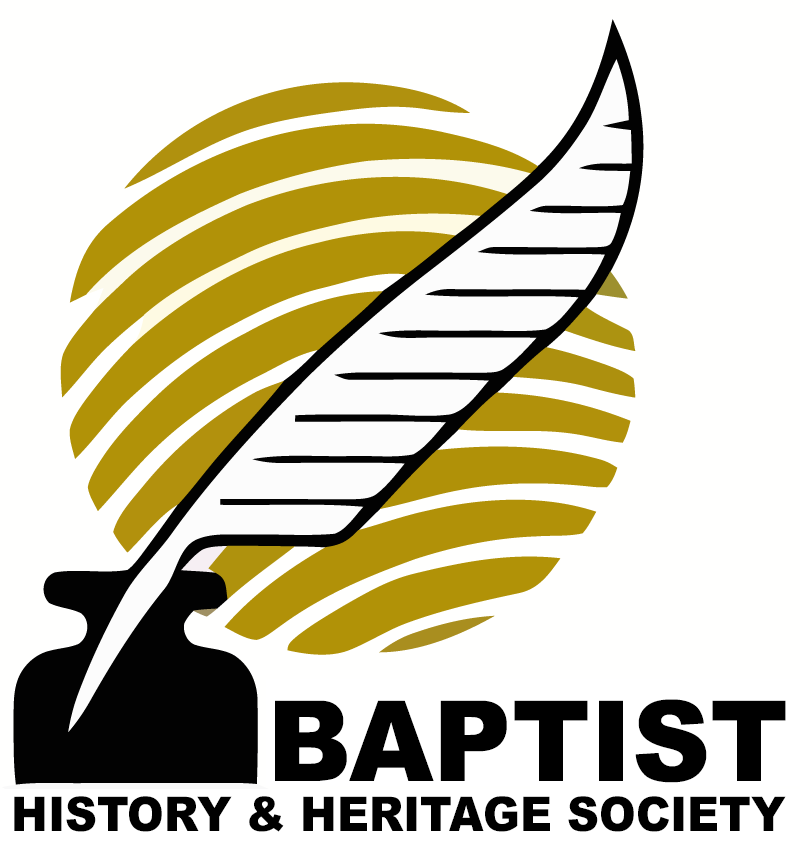A Tale of Two Baptists: Jimmy Carter & Jerry Falwell
January 9, 2025
In honor of the life and legacy of President Jimmy Carter on this National Day of Mourning, we are happy to share with readers an article from the Fall 2013 edition of our academic journal Baptist History & Heritage titled “A Tale of Two Baptists: Jimmy Carter and Jerry Falwell” from Dr. J. Brooks Flippen, Professor of History Emeritus at Southeastern Oklahoma State University.

We also invite readers to explore and download our free e-book Portraits of Courage: Stories of Baptist Heroes and accompanying curriculum for students featuring a chapter on President Carter as Baptist Peacemaker for use in small-group and congregational settings.
—Dr. Aaron Weaver, BHHS Executive Director, aweaver@thebhhs.org
Download “A Tale of Two Baptists: Jimmy Carter & Jerry Falwell” [PDF]
In this article, Dr. J. Brooks Flippen examines President Jimmy Carter’s role in shaping the American Baptist community during a pivotal era of religious and political transformation. Born in the rural South to a devout Baptist family, Carter’s faith was central to his personal identity and political philosophy. As a member of the Southern Baptist Convention (SBC), Carter embodied a moderate evangelicalism that prioritized social justice, civil rights, and the separation of church and state. These principles often placed him at odds with the growing conservative movement within the Baptist faith, represented by figures like Jerry Falwell.
Carter’s presidency (1977–1981) coincided with a rise in the Religious Right, fueled by cultural debates over issues like abortion, feminism, and gay rights. While Carter supported traditional family values, his nuanced approach, emphasizing personal conscience and democratic governance, contrasted sharply with Falwell’s rigid, doctrinal activism. This divergence led to public clashes, as Carter sought to reconcile his faith with progressive policies, including support for the Equal Rights Amendment and cautious opposition to government overreach in matters of personal morality.
The article highlights key moments in Carter’s presidency, such as his “born-again” faith becoming a media focus during the 1976 election and his efforts to balance religious convictions with inclusive governance. His advocacy for civil rights, reflected in his support for integration and opposition to racial discrimination, further distanced him from conservative factions. Despite these tensions, Carter remained committed to the Baptist tradition of religious liberty, even as the SBC shifted.
Ultimately, Carter’s presidency marked a turning point in Baptist history, exposing deep divisions within the denomination. His principled yet pragmatic leadership underscored the challenges of navigating faith in the public sphere, leaving an enduring legacy of religious pluralism and moral leadership amidst an increasingly polarized evangelical landscape.
